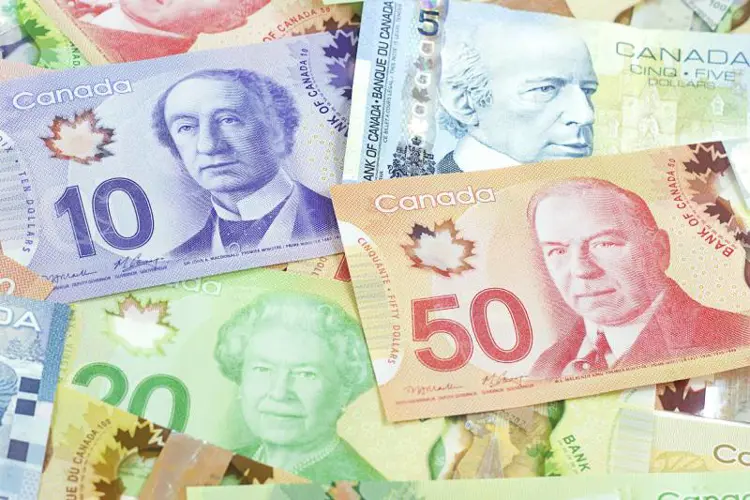Israel is planning a tax on vaping products that would be the highest in the world, and Israelis have just a few days to make a public comment on the bizarre plan.
The new tax will take effect next week, according to one online publication—although Vaping360 hasn’t been able to verify that elsewhere. According to the same article, government officials believe the tax will eliminate disposable e-cigarettes that have become popular with youth.
The tax scheme would impose a wholesale tax of 270 percent plus 11.39 Israeli New Shekels (NIS) per milliliter (with a minimum tax of NIS 21.81 per mL) on bottled e-liquid. One NIS equals 32 U.S. cents, which means the minimum tax on e-liquid would be $6.98 per mL. The minimum tax on prefilled pods or disposables would be NIS 32.72 each—equal to $10.47.
The Ministry of Finance’s draft order is posted for public comment until Nov. 21 at 9:00 a.m. So far, just 14 comments have been received.
Like the “tax parity” language currently part of the U.S. Build Back Better Act, the tax proposal in Israel is an attempt to tax vaping products at the same rate as cigarettes. The effect—making low-risk nicotine products as expensive as deadly ones—is the opposite of what rational public policy should do.
Such a tax rate on e-cigarettes is not intended to raise money for the government, but to destroy the vaping market. It seems impossible that a responsible government would not recognize that such an extreme tax would backfire and immediately create a black market.
Clarifying comments from readers in Israel are appreciated.
The Freemax REXA PRO and REXA SMART are highly advanced pod vapes, offering seemingly endless features, beautiful touchscreens, and new DUOMAX pods.
The OXVA XLIM Pro 2 DNA is powered by a custom-made Evolv DNA chipset, offering a Replay function and dry hit protection. Read our review to find out more.
The SKE Bar is a 2 mL replaceable pod vape with a 500 mAh battery, a 1.2-ohm mesh coil, and 35 flavors to choose from in 2% nicotine.
Because of declining cigarette sales, state governments in the U.S. and countries around the world are looking to vapor products as a new source of tax revenue.
The legal age to buy e-cigarettes and other vaping products varies around the world. The United States recently changed the legal minimum sales age to 21.
A list of vaping product flavor bans and online sales bans in the United States, and sales and possession bans in other countries.



















